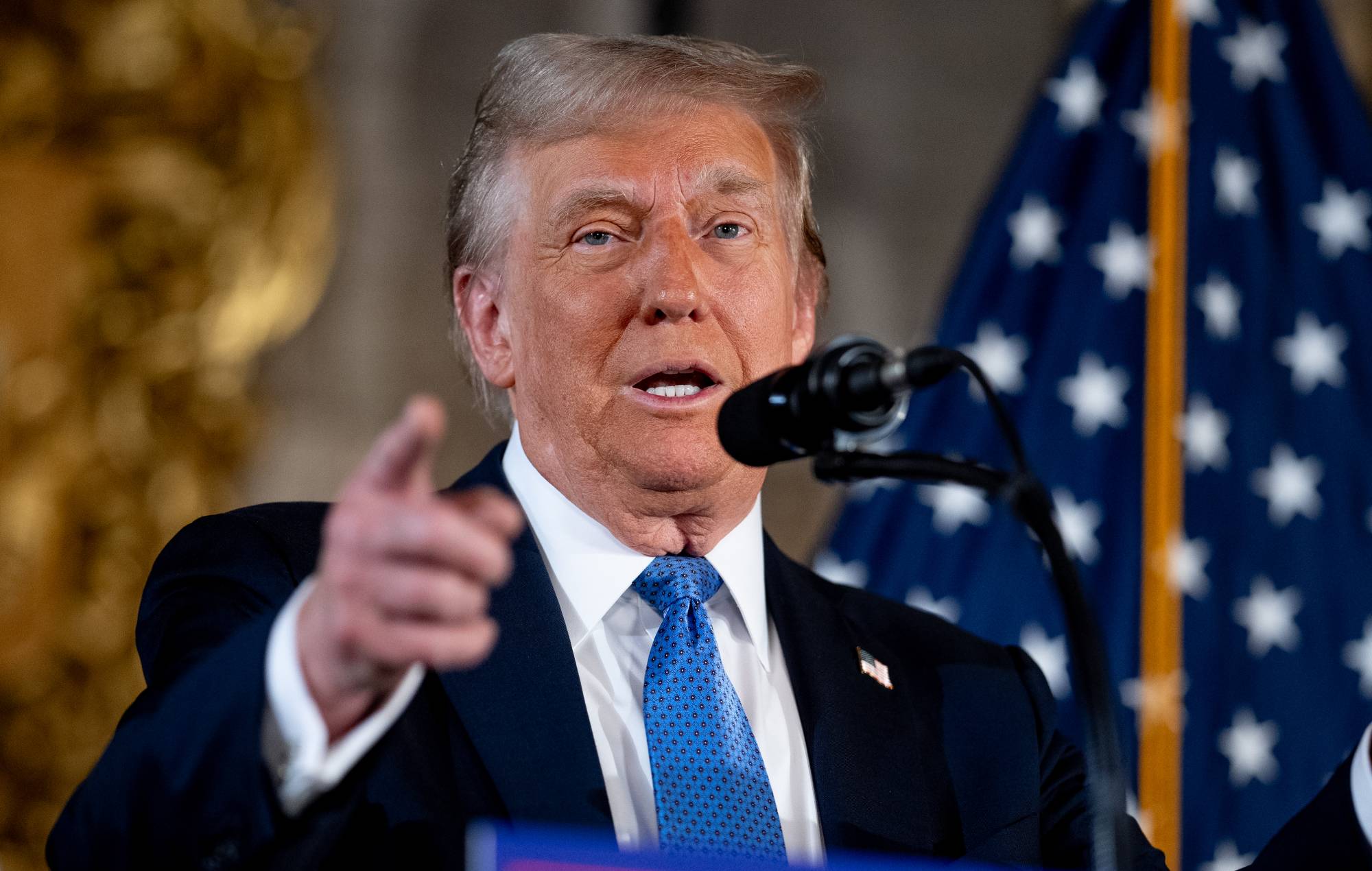Ticket Law Impact
A U.S. ticket law aimed at enhancing pricing transparency is currently stalled due to intervention from President-elect Donald Trump.
The legislation also seeks to prohibit speculative ticketing practices throughout the United States. It successfully passed the House of Representatives earlier this year and now requires Senate approval to be enacted into law.
The bill arrived in the Senate recently, and although it had bipartisan backing, its advancement hit a roadblock on Wednesday (Dec. 18) after Trump and his advisers, including Elon Musk, insisted on further spending cuts.
A revised spending bill was put forward in the Senate on Thursday (Dec. 19), but it excluded the Ticket Act and was ultimately defeated, with 38 Republicans joining Democrats against it. Another adjusted spending bill passed on Friday (Dec. 20), which similarly did not incorporate the TICKET Act.
The bill now remains in limbo, and Congress is likely to shift focus to other matters.
Provisions of the Ticket Law
The ticket law is intended to mandate that all ticket sellers present the “full” price at the point of sale and prohibit them from selling tickets they do not have in their possession—known as speculative ticketing. Additionally, it would compel the Federal Trade Commission (FTC) to enforce regulations against scalpers using bots to secure tickets.
Nevertheless, the Ticket Law has not garnered universal approval. Stephen Parker, CEO of the National Independent Venue Association (NIVA), remarked: “Congressional leaders should be commended for their commitment to improving the ticket landscape. However, while their intentions were commendable, the TICKET Act could potentially hinder progress. Consumers deserve an effective ban on speculative ticket sales, free from loopholes.”
“Federal ticketing policies need the backing of the artists, venues, and fans at the core of the live music environment,” he added. “Predatory resellers and platforms do not participate in live events and exploit our industry for profit. Unlike this week, we hope the next Congress will heed the concerns of creators, small businesses, and genuine consumers who sustain the industry.”
These developments in the political arena closely follow the FTC’s announcement of a ban on hidden fees for U.S. concerts. This legislation aims to eliminate “junk fees” across various sectors, including online ticketing. With the new regulations, ticket-selling platforms are required to disclose all mandatory fees upfront during the purchasing process, rather than just at the checkout stage.
While the FTC’s ban on hidden concert fees is commendable, it’s worth noting that Live Nation and Ticketmaster responded to last year’s complaints by adopting a transparent all-inclusive pricing model in September 2023. They have since reported an expected sales increase of eight percent between now and May 2024.
Congress’s actions come shortly after Kid Rock’s meeting with Trump’s attorney general nominee, Pam Bondi, where he pledged to tackle the ongoing challenges facing the concert ticket industry.
“I’m going to take action against the bots, scalpers, venues, ticketing companies, managers, and artists who are deceiving and cheating the public with practices that have worsened over the years,” he stated on Instagram.
The issue of hidden and surprise fees associated with concert tickets extends beyond the U.S.; the UK has initiated an investigation into the use of “dynamic pricing” this year.
This conversation was sparked by the announcement of the Oasis reunion tour and the competitive race for concert tickets. During a sell-out trend across UK and Ireland concerts, many fans were frustrated to find significant price hikes due to Ticketmaster’s pricing strategy—where prices unexpectedly surged due to high demand.
The backlash soon caught the attention of the government, leading Labor MP Rupa Huq to propose the Ticketing (Sporting and Cultural Events) Bill, aimed at pushing companies to disclose maximum ticket prices to fans.
The ongoing debate regarding concert ticket prices and the lack of transparency for customers continues to be a pressing issue in the UK. The matter has been referred to both the Advertising Standards Agency and the European Commission, with the UK government requesting separate investigations. Additionally, experts have warned that failing to inform Oasis fans about dynamic pricing may contravene consumer protection laws.
https://www.nme.com/news/music/donald-trump-intervention-leaves-ticket-act-legislation-in-limbo-3824379?utm_source=rss&utm_medium=rss&utm_campaign=donald-trump-intervention-leaves-ticket-act-legislation-in-limbo






